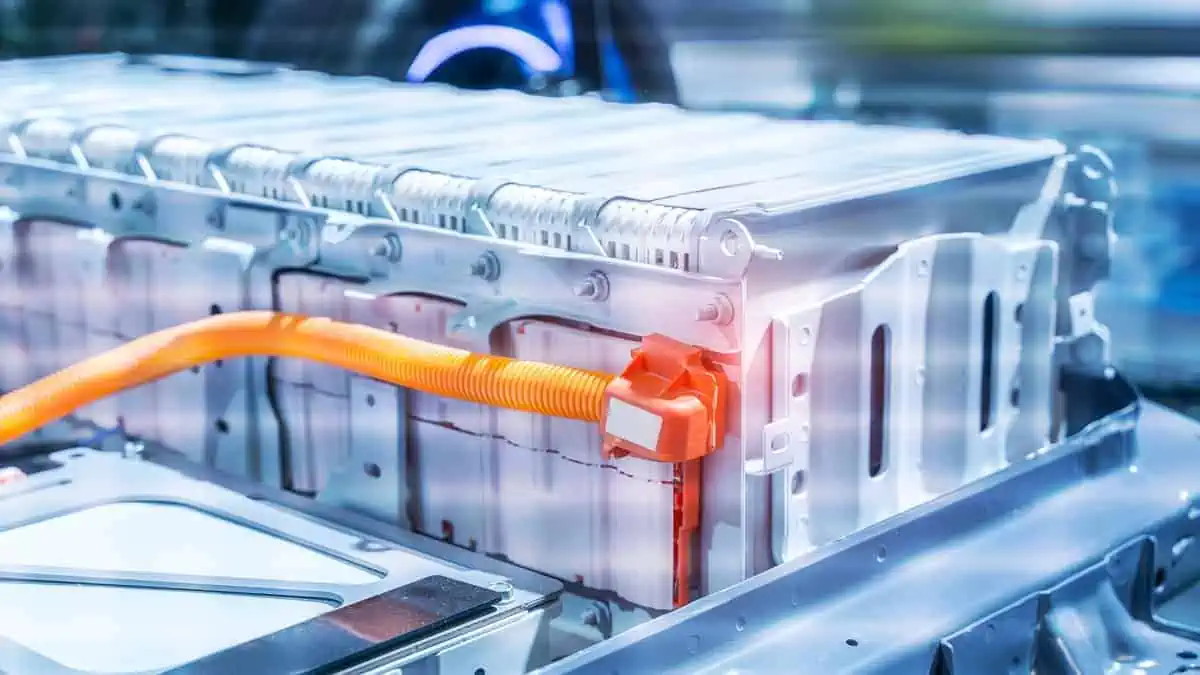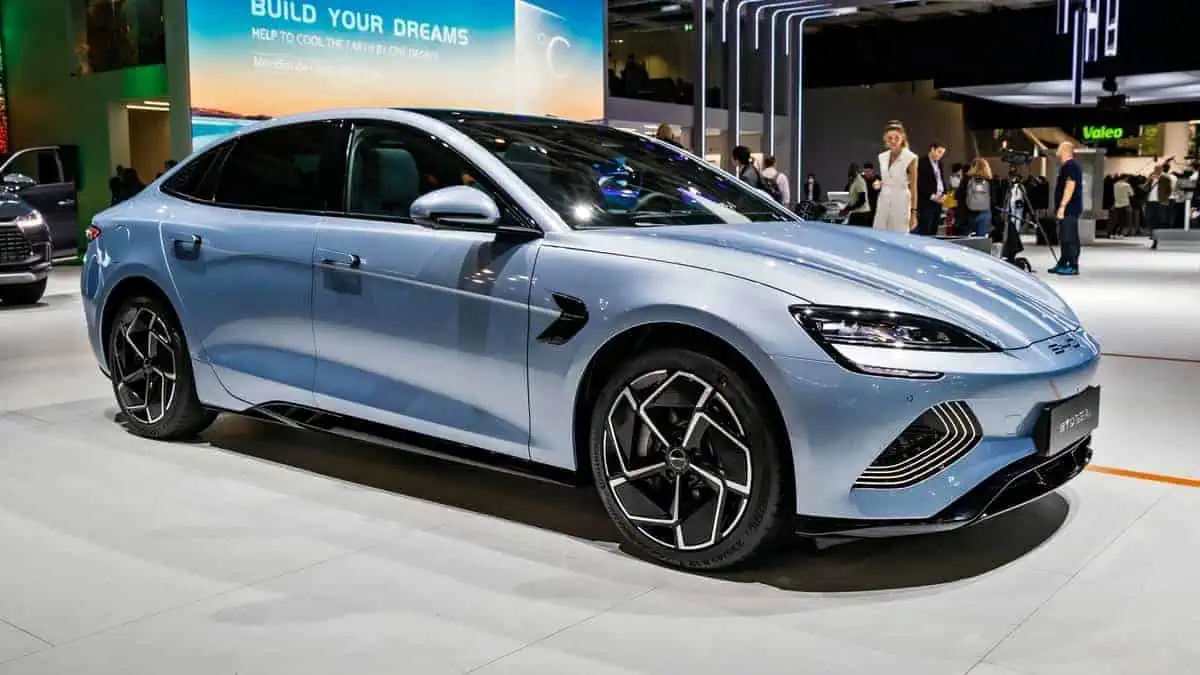Chinese industry leaders CATL and BYD seek to achieve new electric vehicle battery innovations with a 6C charge rate by the end of 2024, Car News China reports, citing local media.
Batteries innovations ready to recharge EVs in 10 minutes
Electric vehicle and battery giant BYD plans to launch its second-gen lithium iron phosphate (LFP) Blade battery as early as the second half of the year.
Meanwhile, global battery leader CATL will introduce its cutting-edge Qilin LFP battery 2.0 by the end of 2024.
These two upcoming EV batteries from CATL and BYD can reportedly charge an electric vehicle 100% in just about 10 minutes, owing to their 6C charge rate.
What’s the 6C charge rate?
C refers to the battery charging multiplier. Therefore, 6C means “six times the capacity.” For instance, a 1000 mAh battery can support a 6000 mA current.
The charge rate determines how often a battery can hit 100% charge in an hour. The number is six times the 6C charge rate. In this sense, an EV battery can charge in just 10 minutes.
In comparison, a 5C battery can charge 100% five times in an hour. Therefore, it would take 12 minutes to hit a full charge.
CATL Qilin 2.0
Earlier this year, CATL introduced its new Shenxing battery with a 5C charge rate in a Zeekr electric vehicle.
The Shenzing battery reportedly enables the Zeekr 001 to charge from 10% to 80% in just 11.5 minutes. It also gives the Zeekr EV a CLTC-rated driving range of 472 km.
Now, CATL is gearing up to launch its second-gen Qilin battery in H2 2024. It has a nickel-manganese-cobalt chemistry featuring a 6C charge rate.
BYD Blade 2.0
BYD is actively developing its Blade Battery 2.0 for the planned launch later this year, and at around the same time, CATL plans to introduce its new Qilin battery.
The new BYD Blade Battery promises to enable a longer driving range for BYD electric vehicle models at an even lower price.
Its imminent arrival is a major advancement for BYD, considering it currently has no EV supporting charging beyond 4C.
The US and the EU recently announced a major tariff hike on China-made EVs to protect their local markets. However, battery innovations like the Qilin and Blade might offset those tariffs, particularly in Europe.






